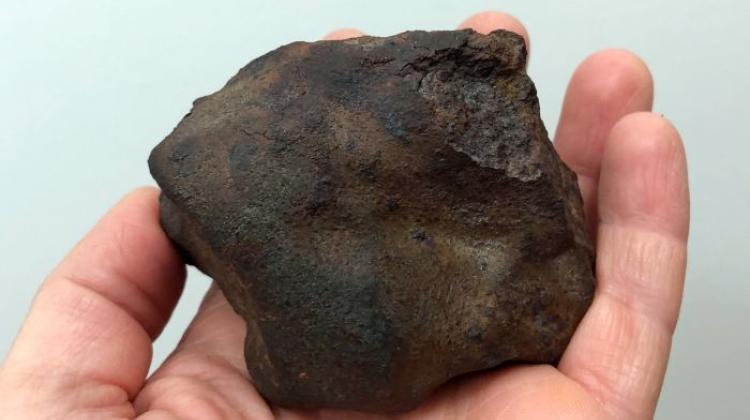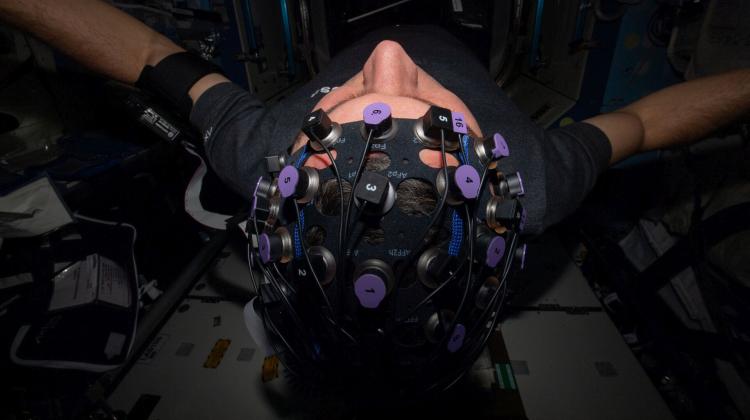Polish Consortium Develops Nanosatellite for Studying Microorganisms and Cells in Space
 Photo: Fotolia
Photo: Fotolia
A consortium of Wroclaw universities, PAS institute and a company is building a bionanosatellite that will allow to study cancer cells in space. In the future, their technology can be used by other companies and institutions wishing to conduct research in orbit.
The CubeSat bionanosatellite, measuring approximately 10x10x30 cm, will be equipped with a miniature chip laboratory (so-called lab-on-chip). Features of this solution are a small size and weight, high mechanical strength and the possibility of conducting automated biomedical experiments on board a small spacecraft such as a nanosatellite.
The funds for the research project concerning the construction of the bionanosatellite and conducting experiments with live samples, approx. PLN 4 million, have been awarded by the National Centre for Research and Development under the "Operational Programme Smart Growth 2014-2020", financed by the European Union as part of the Regional Development Strategy of the Voivodeship of Lower Silesia.
Micro chip laboratories will be developed by Wrocław University of Science and Technology based on previous experience in this field. Ludwik Hirszfeld Institute of Immunology and Experimental Therapy PAS, Wroclaw Medical University and the Wrocław University of Environmental and Life Sciences will design and carry out biological and biomedical experiments that will be conducted simultaneously in microgravity conditions and - for comparison - on Earth, Prof. Jan Dziuban from the Faculty of Microsystem Electronics and Photonics at the Wrocław University of Science and Technology told PAP.
The new nanosatellite, which will be built by the Wrocław-based company SatRevolution, will be based exclusively on Polish technology. SatRevolution representatives explain that the research to be carried out by the satellite will help determine how to control the development of soil-forming fungi in low gravity. It will also allow to check how the immune system cells - T cells - behave in such conditions, and determine the growth dynamics of cancer cells exposed to drugs under microgravity conditions.
In the future, research of this type may lead to the development of new cancer therapies, antibiotic therapies or medicines.
"Research has shown that cell responses to administered substances may be several dozen times stronger in space than on Earth. So it is better to send a set of several potential drugs into orbit, test them in space on cancerous tissue to determine which is the best of them, obtaining results in a few days. Even if it costs more, it is still more cost-effective than waiting for long-term test results," Prof. Dziuban describes in an interview with PAP.
He explains that the Wrocław consortium does not intend to stop at conducting its own experiments, but instead wants to create a product and service that will be available to others, e.g. pharmaceutical companies. "We want to develop a product and technology that can be bought or leased, for example, to use the laboratories on the nanosatellite to conduct the customer's space research," he explains.
The scientific phase of the project is scheduled for 18 months. After this time, the satellite will be launched into space. In the next phase of the project, the solution will be implemented.
PAP - Science in Poland, Ewelina Krajczyńska
ekr/ zan/ kap/
tr. RL
Przed dodaniem komentarza prosimy o zapoznanie z Regulaminem forum serwisu Nauka w Polsce.


















